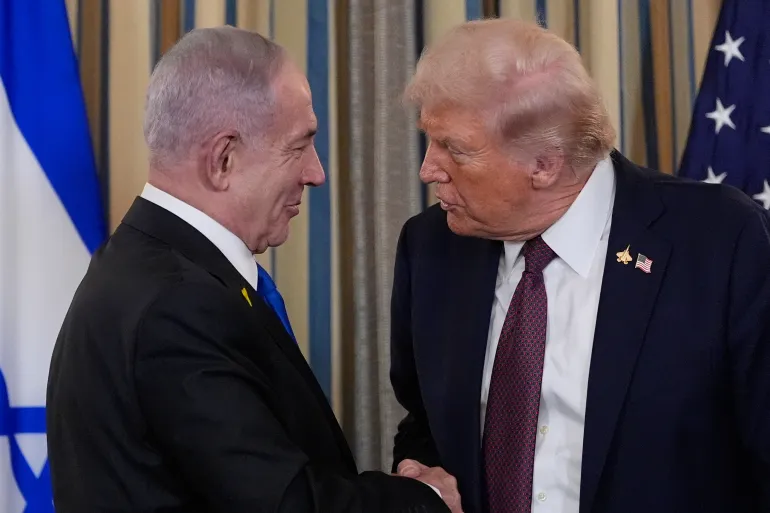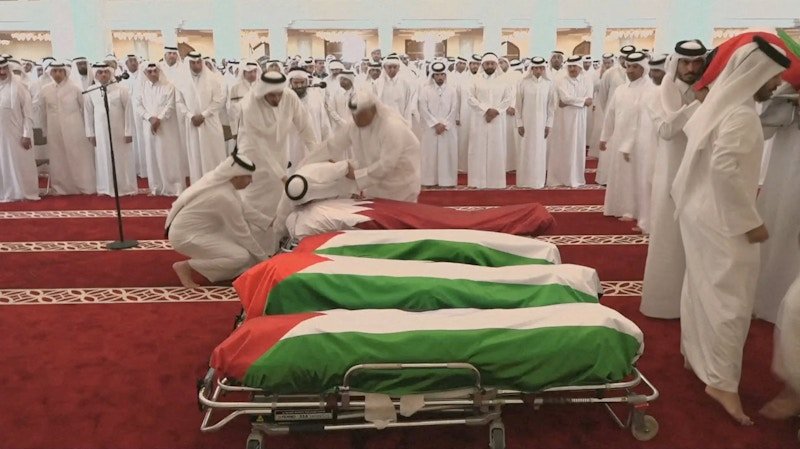Week-Long Coalition Talks to Begin After Irish Election Results, Fianna Fáil Leads with 48 Seats
Following Ireland's general election, coalition negotiations will begin this week as the country’s two major center-right parties, Fianna Fáil and Fine Gael, look to form a stable government. While Fianna Fáil has emerged as the largest party, securing 48 seats, Fine Gael trails with 38 seats, making it clear that neither party can achieve a parliamentary majority alone without support from other groups.
Week-Long Coalition Talks to Begin After Irish Election Results, Fianna Fáil Leads with 48 Seats
Week-Long Coalition Talks to Begin After Irish Election Results, Fianna Fáil Leads with 48 Seats Following Ireland's general election, coalition negotiations will begin this week as the country’s two major center-right parties, Fianna Fáil and Fine Gael, look to form a stable government. While Fianna Fáil has emerged as the largest party, securing 48 seats, Fine Gael trails with 38 seats, making it clear that neither party can achieve a parliamentary majority alone without support from other groups.
As of Wednesday, following three days of vote counting, the Irish Parliament's 174 seats were allocated as follows: Fianna Fáil won 48 seats, while Fine Gael secured 38. Despite the combined total of 86 seats, which represents a significant portion, both parties fall short of the required 88 seats for a majority in the Dáil, Ireland's lower house of parliament. As a result, they will need to seek support from third-party groups to secure a functioning government.
Fianna Fáil leader Micheál Martin emphasized the need for action following the results, stating, "The people have spoken, and now it is time for us to get to work."
On the other hand, Sinn Féin, a left-wing party that has traditionally called for Irish unification, garnered 39 seats in the election, solidifying its position as a significant opposition force in parliament. However, despite this strong showing, Sinn Féin is unlikely to be part of the next government. Both Fine Gael and Fianna Fáil have long opposed working with Sinn Féin, primarily due to its historical ties to the Irish Republican Army (IRA), which was involved in the violent conflict known as "The Troubles" in Northern Ireland that lasted for several decades.
The strained relationship between Sinn Féin and the other two major parties stems from its past connections to the IRA, which led to significant controversy, especially in relation to its role in the Northern Ireland conflict. While Sinn Féin has moved away from its violent past and has focused on more progressive policies, both Fianna Fáil and Fine Gael remain skeptical about working with a party that has not fully reconciled with its historical associations.
As coalition talks begin, the focus will be on negotiating agreements and securing the necessary votes to form a government. While it is still unclear which smaller parties or independents might offer support, there are expectations that discussions will center around key issues such as healthcare, housing, and climate change.
The upcoming weeks will be crucial as both Fianna Fáil and Fine Gael work to form a coalition government. The involvement of Sinn Féin and other smaller parties will also play a pivotal role in shaping Ireland's political landscape in the coming months.










